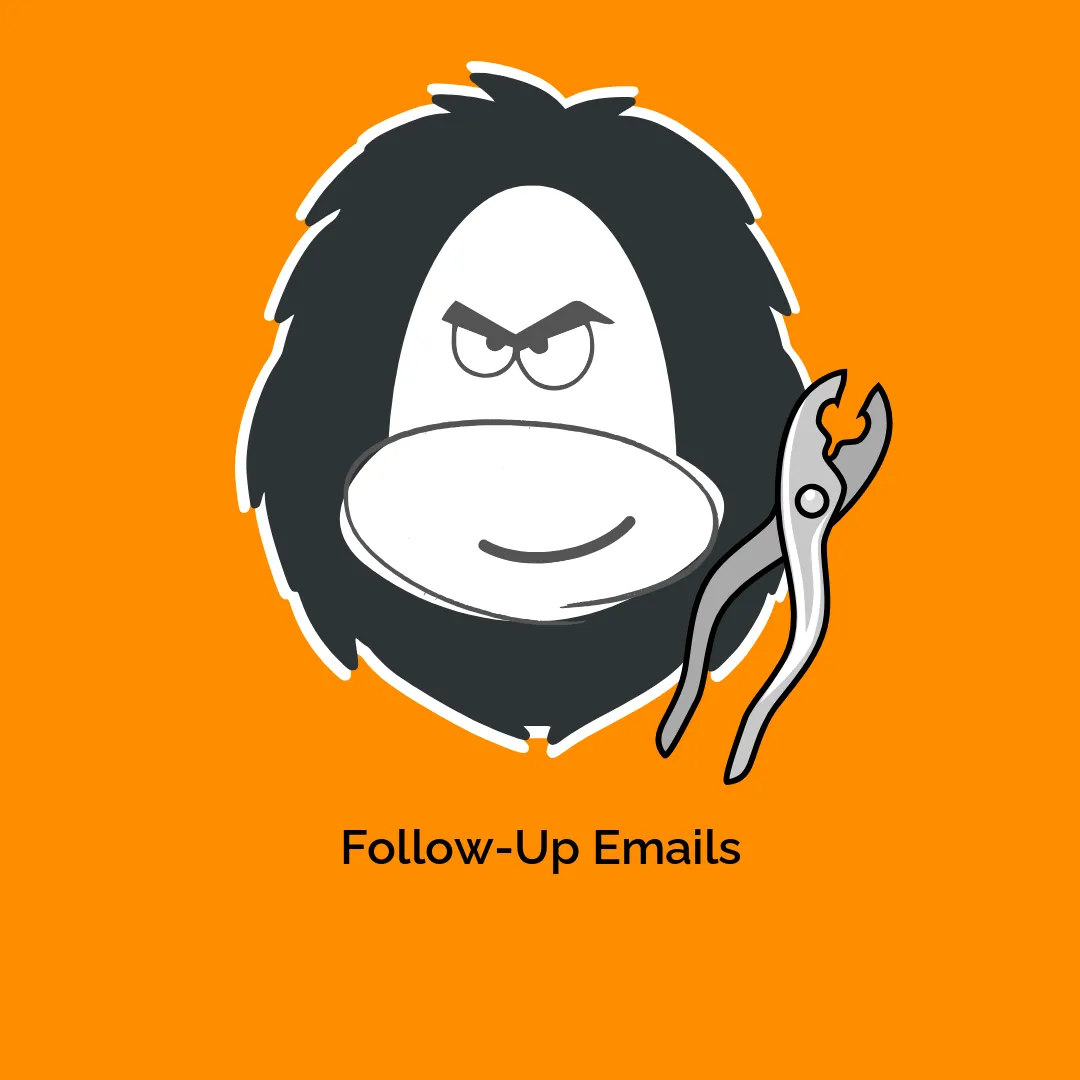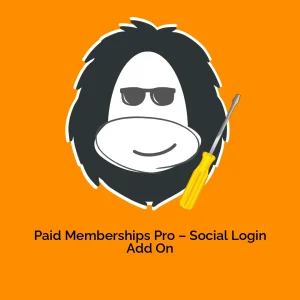Mastering Follow Up Emails for E-Commerce Success
Follow up emails have emerged as a vital component of effective business communication, especially in the realm of e-commerce. These emails serve not just as a medium to remind customers of unfinished actions but also act as personalized touchpoints that can significantly enhance customer engagement, build brand loyalty, and ultimately drive sales.
Importance of Follow Up Emails
Follow up emails are crucial for several reasons. They help in nurturing relationships with customers, enhancing retention rates, and improving conversion rates. Studies show a vast majority of consumers—approximately 70%—respond better to personalized communication than generic messages. By utilizing follow up emails effectively, businesses can send tailored messages based on customer interactions, preferences, and behaviors.
Building Relationships
One key feature of follow up emails is their ability to foster relationships. When a customer receives a follow-up email after a purchase, they often feel valued and appreciated. For instance, a simple thank-you note or a request for feedback can be an effective way to show that the company cares. Personalization plays a significant role here; emails addressing customers by their names, acknowledging their purchase history, or recommending products based on past purchases can lead to a significantly better response.
Encouraging Purchases
Follow up emails can also be particularly useful for encouraging further purchases. A well-crafted email can remind customers of items left in their shopping carts or suggest complementary products they might be interested in. According to statistics, nearly 70% of carts are abandoned, making cart recovery emails vital. These emails not only serve as a reminder but also provide an opportunity to include promotions or discounts, therefore encouraging customers to revisit their purchases.
Boosting Customer Retention
Customer retention is another area where follow up emails shine. Engaging customers after they make a purchase can lead to repeat business. For instance, sending customers personalized discount codes after their initial purchase can entice them to return. Businesses can also segment their customer lists based on behavior and purchase history, allowing for more targeted marketing efforts.
Crafting Effective Follow Up Emails
Creating effective follow up emails requires a strategic approach. Here are several key components to consider:
Subject Line
The subject line is the first thing your customer sees. It should be catchy, relevant, and concise. A compelling subject line can significantly increase open rates. For example, using phrases like “Don’t Forget Your Cart!” or “Here’s a Special Offer Just for You” can entice customers to open the email.
Personalization
As mentioned earlier, personalization is crucial. Segment customers based on their behavior and tailor messages accordingly. A one-size-fits-all approach is less effective compared to targeted messaging. Use customer names and refer to specific items they showed interest in.
Clear Call To Action
Incorporate a clear call to action (CTA). This could be a button that leads them back to their cart, invites them to leave a review, or check out related products. Make it evident and easy for customers to understand what action you want them to take.
Timing and Frequency
Timing is critical when it comes to sending follow up emails. Experiment with different timings to find what works best for your audience. A common practice is to send a follow-up email 24 hours after a cart is abandoned. However, the timing can vary based on customer behavior and product types.
Value Addition
Ensure that your emails provide value. This could be in the form of useful tips related to the product they purchased, exclusive discounts, or relevant content that positions your business as a trusted authority. For example, a follow-up email for a skincare product could include tips on care and maintenance, encouraging customer engagement.
Different Types of Follow Up Emails
There are various types of follow up emails businesses can utilize, each serving a different purpose:
Abandoned Cart Emails
These are a crucial type of follow up email aimed at recovering lost sales. By reminding customers about items they left behind in their carts, you have the opportunity to encourage them to complete their purchases. Abandoned cart emails can be enhanced with offers such as free shipping or discount codes.
Thank You Emails
A simple thank you email can go a long way in making customers feel appreciated. These emails can also set the tone for future communications and pave the way for customer loyalty. A thank-you email can include information about customer benefits, such as loyalty programs or referral bonuses.
Feedback Requests
Feedback request emails allow businesses to understand their customers better. By asking customers about their experiences, companies can gather valuable insights and improve their services. Incentivizing feedback, such as offering discounts for filling out surveys, can increase participation rates significantly.
Product Suggestions
Based on customer purchase history, sending product suggestions can enhance the customer experience and lead to additional sales. For instance, if a customer has purchased a camera, sending follow-up emails with accessories can encourage further purchases.
Win-back Emails
These emails target customers who haven’t engaged in a while. Win-back emails often include offers or promotions intended to rekindle interest. The messaging should tap into the emotional connection established earlier in the customer relationship.
Analyzing Inside Track of Follow Up Emails
Understanding the analytics behind follow up emails can show businesses what’s working and what’s not. Metrics such as open rates, click-through rates, and conversion rates will provide valuable insights. A/B testing can also be beneficial; by crafting different versions of follow up emails to see which performs better, businesses can refine their approach.
Automation Tools for Follow Up Emails
Utilizing marketing automation tools to manage follow up emails can save time and enhance effectiveness. Tools allow businesses to set automation triggers based on specific customer actions (such as completing a purchase or abandoning a cart) and set up workflows that automatically send follow up emails tailored to customer behavior.
Conclusion
Follow up emails are not merely an afterthought; they are an essential strategy in fostering customer relationships and driving sales in the e-commerce world. By utilizing effective follow up emails, businesses can improve customer loyalty, recover lost sales, and ultimately increase revenue. Incorporating personalization, value, and timely communication into follow up emails can create a more engaging customer experience and significantly enhance conversion rates.
Embracing the potential of follow up emails can transform the way businesses interact with their customers. As the digital marketplace continues to grow, mastering follow up emails will become increasingly vital for success in maintaining a competitive edge. So don’t overlook the power of a well-timed, thoughtful follow up email—it might just be the key to unlocking your business’s full potential.
Follow-Up Emails: Download it for Free
Here it is, is entirely possible and legitimate.
Actually, even downloading a cracked Follow-Up Emails is law-abiding, because the license it is distributed under is the General Public License, and this license allows the user all kinds of code modifications.
This way, there’s no reason to be concerned: If you are looking to buy Follow-Up Emails cheaply or, directly, to download Follow-Up Emails Plugins nulled and, thus, get it completely free,, it’s possible legally.
Follow-Up Emails GPL: The only choice for entrepreneurs beginning their journey
It doesn’t matter what you name it: Buying Follow-Up Emails on resale, download Follow-Up Emails Plugins GPL, download Follow-Up Emails without license or download Follow-Up Emails nulled.
It is one hundred percent law-abiding and a necessity for every entrepreneur just starting.





Reviews
There are no reviews yet.